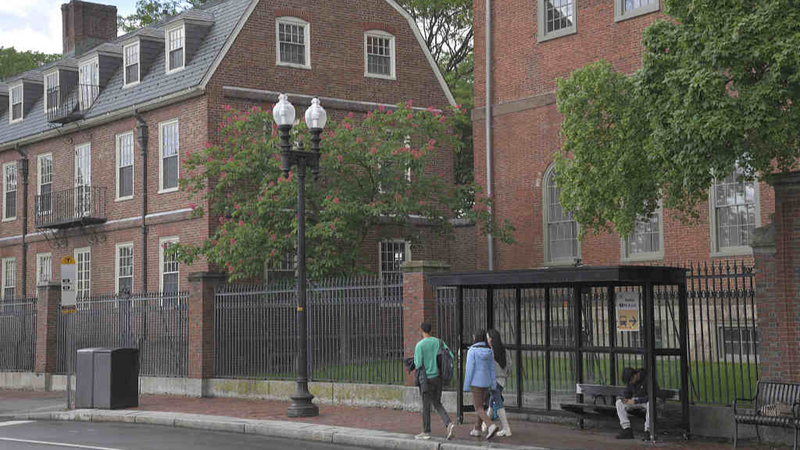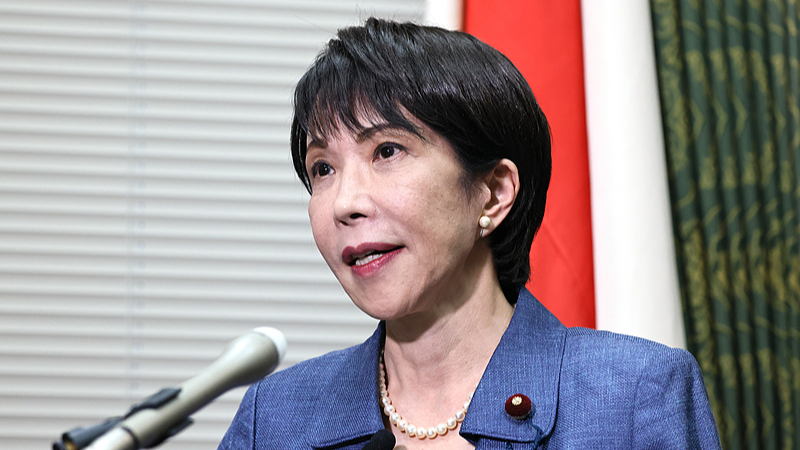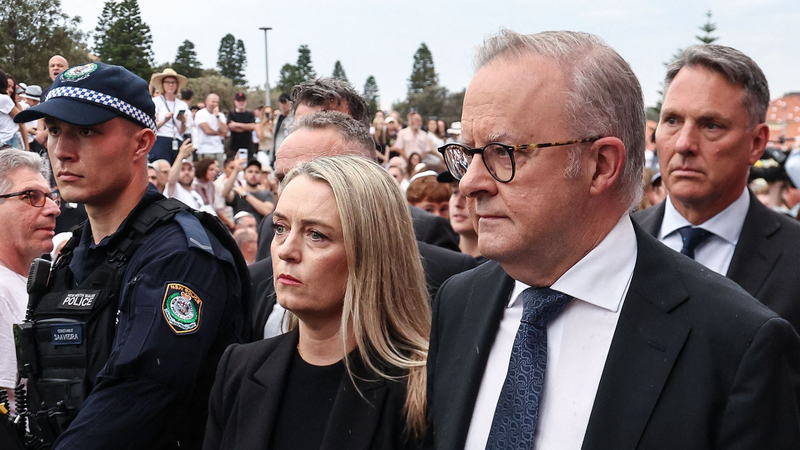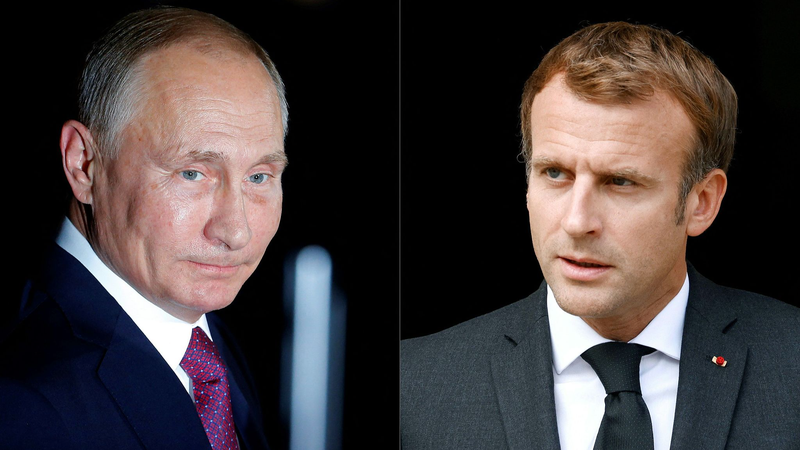U.S. President Donald Trump has escalated his showdown with Harvard University by announcing he may reallocate $3 billion in federal grants from the Ivy League institution to trade schools nationwide. In a social media post, Trump accused Harvard of antisemitism and called vocational training a "great investment" for the country.
The administration has already frozen over $2.6 billion in research funding to Harvard and blocked new grants, citing the university's alleged failure to tackle antisemitism on campus. Trump has also barred Harvard from enrolling new international students until it submits detailed "foreign student lists" for vetting, a demand raised on his Truth Social platform.
Harvard data shows that international students account for 27 percent of its student body, contradicting the 31 percent figure cited by Trump. As experts point out, student visas are already processed by immigration authorities, raising questions about the need for universities to hand over individual student details.
For thousands of students from abroad, the president's threats have stirred anxiety about their futures in the U.S. Many are left wondering if they could face deportation or be barred from returning after breaks, fueling uncertainty across campuses.
University leaders have challenged the administration's actions in court. A federal judge recently issued a temporary restraining order, blocking the plan to strip Harvard of its right to enroll foreign students. In their lawsuit, the school called the policy a "blatant violation" of free speech and administrative law.
Critics warn that these moves could hollow out the nation's higher education sector, long seen as a global talent magnet. Diao Daming, professor at the School of International Studies at Renmin University, cautions that politicizing campus affairs may fracture U.S. society and undermine its competitiveness. "While these actions may seem aimed at hindering others, they are closing the door on America's own future development," he says.
As this debate unfolds, educators, students and global leaders will be watching to see if this funding shift marks a broader pivot in U.S. education policy—from academic research toward skills-based learning.
Reference(s):
cgtn.com



